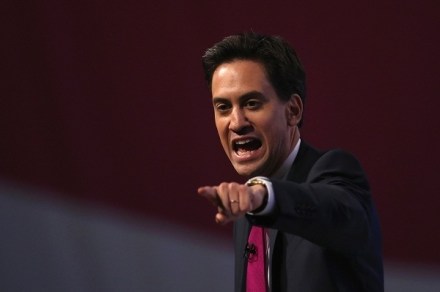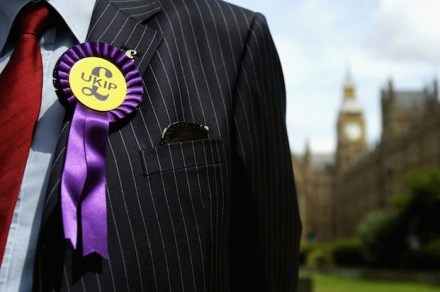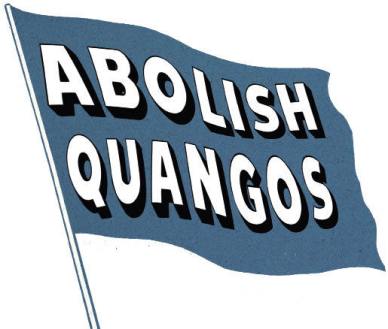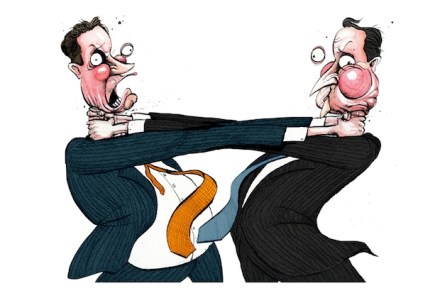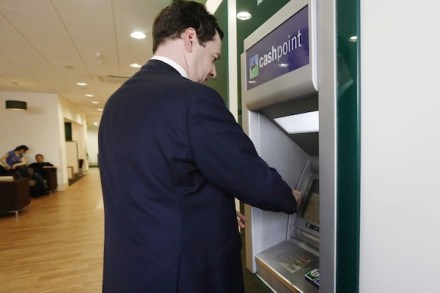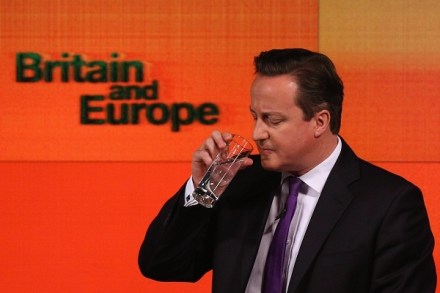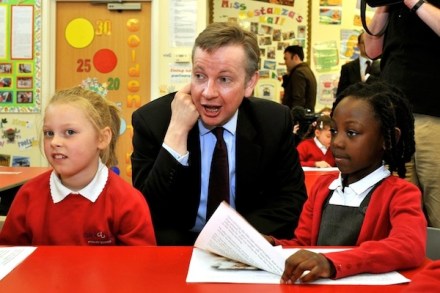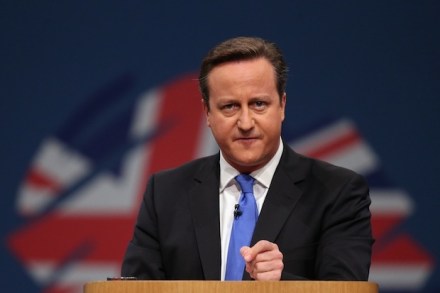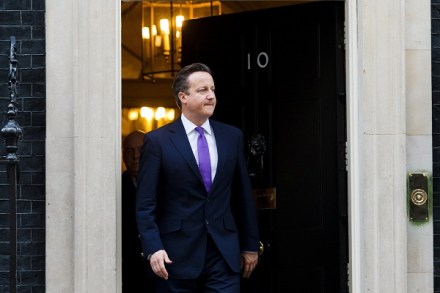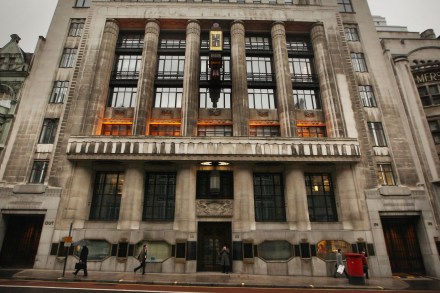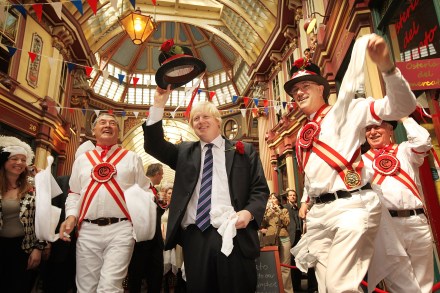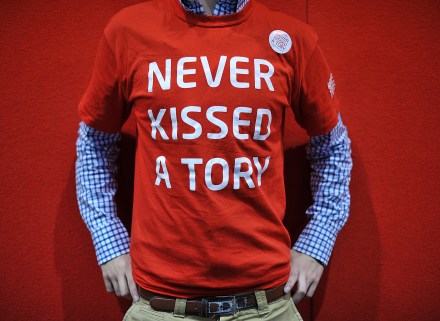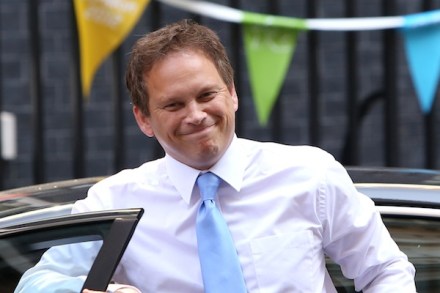Ed Miliband adopts a rope-a-dope strategy on Europe
Hopi Sen is not alone. There are many people in this country supremely indifferent to the whole and vexatious question of whether or not there should be a referendum on Britain’s continued membership of the European Union. Yes, yes, they will tell pollsters that if they must they suppose they might fancy having a referendum some day. But they don’t really care. They mumble about a referendum because that seems the done thing to do and because when a pollster asks you if you’d like to have a say on something it sounds better to say Yes than No thanks, I really can’t be bothered. And sure, if pressed, they
